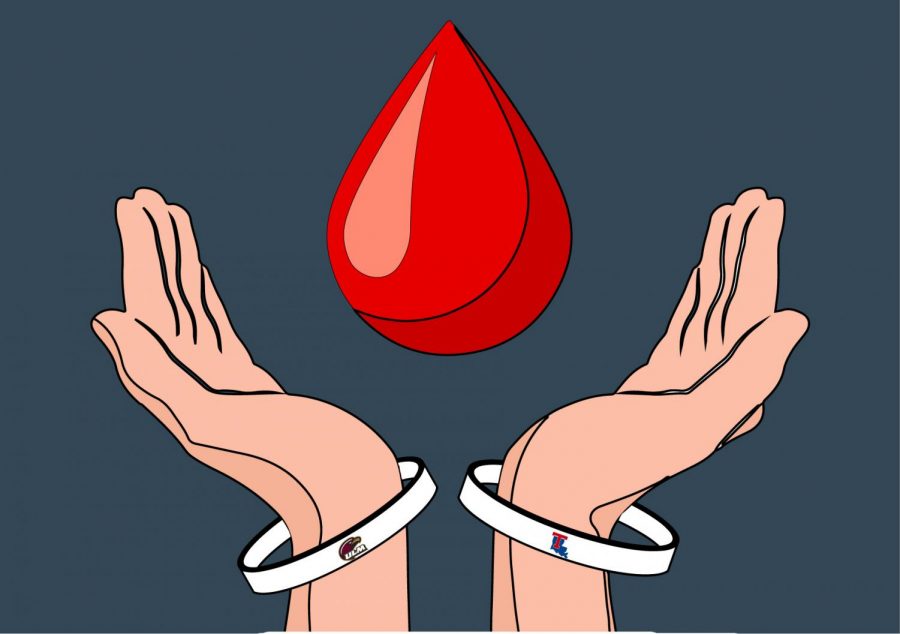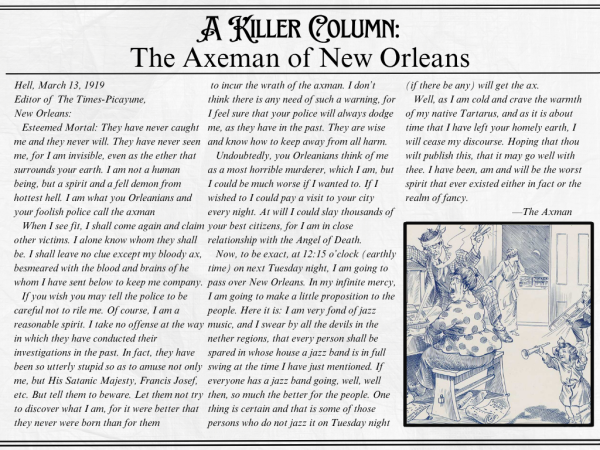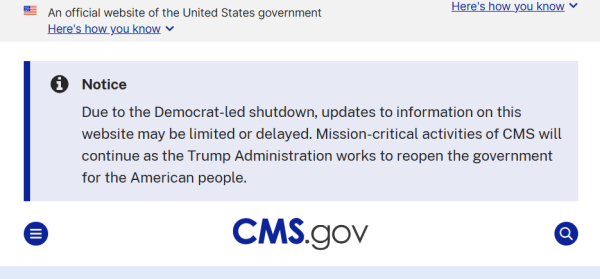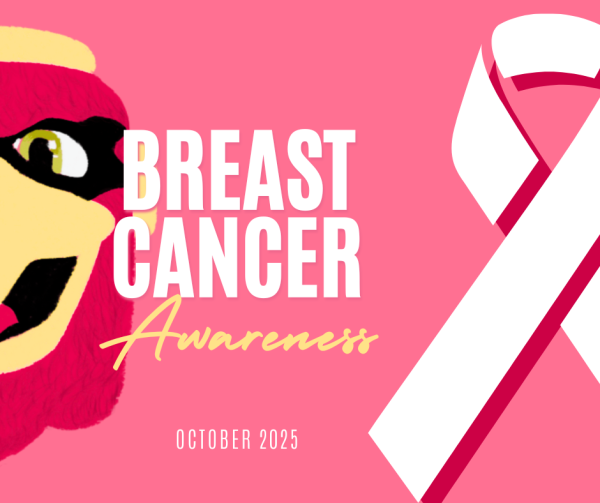Battle of the Bayou to be held this week
The thought of donating blood makes some people squirm. Others don’t even think about it at all.
Passing the blood drive bus on your way to class without a second thought is easy. But health facilities and organizations like Life Share depend on donations from these blood drives.
There’s one this Wednesday and Thursday, Oct. 28 and 29 in Warhawk Circle from 10 a.m. to 4 p.m. And this one is different than any blood drive ULM has had before.
It’s called Battle of the Bayou Blood Drive and it’s a competition between ULM and LA Tech to see who can donate the most.
ULM, ULM Medical Laboratory Science and LifeShare Blood Center came up with this idea so that students have an incentive to take a little time out of their day and donate blood.
Debbie Wisenor, the blood drive coordinator, said that the drive was planned to happen last semester and was going to be a weeklong event, but ended up getting cancelled because of the coronavirus pandemic.
And due to the many blood drive cancellations recently, Wisenor said there is a critical shortage of blood products.
“This is an opportunity for Warhawks to step up and give the one thing we all need—Lifesaving blood,” Wisenor said.
Wisenor said that fear of COVID-19 shouldn’t stop anyone from coming out to donate.
Social distancing will be enforced and they will be limiting the number of people allowed on the bus at once.
They also ask that anyone who has symptoms or has had symptoms within the past 14 days not to come.
Usually, you just show up to the bus, wait in line and eventually donate blood. But at this drive, you can schedule an appointment online. While this isn’t required, it’s recommended.
It will let LifeShare know about how many people to expect and will allow donors to get in and out quickly.
The pandemic has made people wary of coming out to donate because they’re trying to be cautious. But LifeShare has updated their procedures to make it safe.
Paige Wilson, account manager at LifeShare, said that they don’t get a lot of people who donate regularly.
“We get a lot of those who donate when we have a cry for help, and it’s popular,” Wilson said. “But then they don’t do it again for a few years.”
Because so many people only donate when hospitals are low on blood and desperately need it, the amount of blood that health facilities have is constantly fluctuating.
“Donate regularly, because we need blood regularly,” Wilson said.







